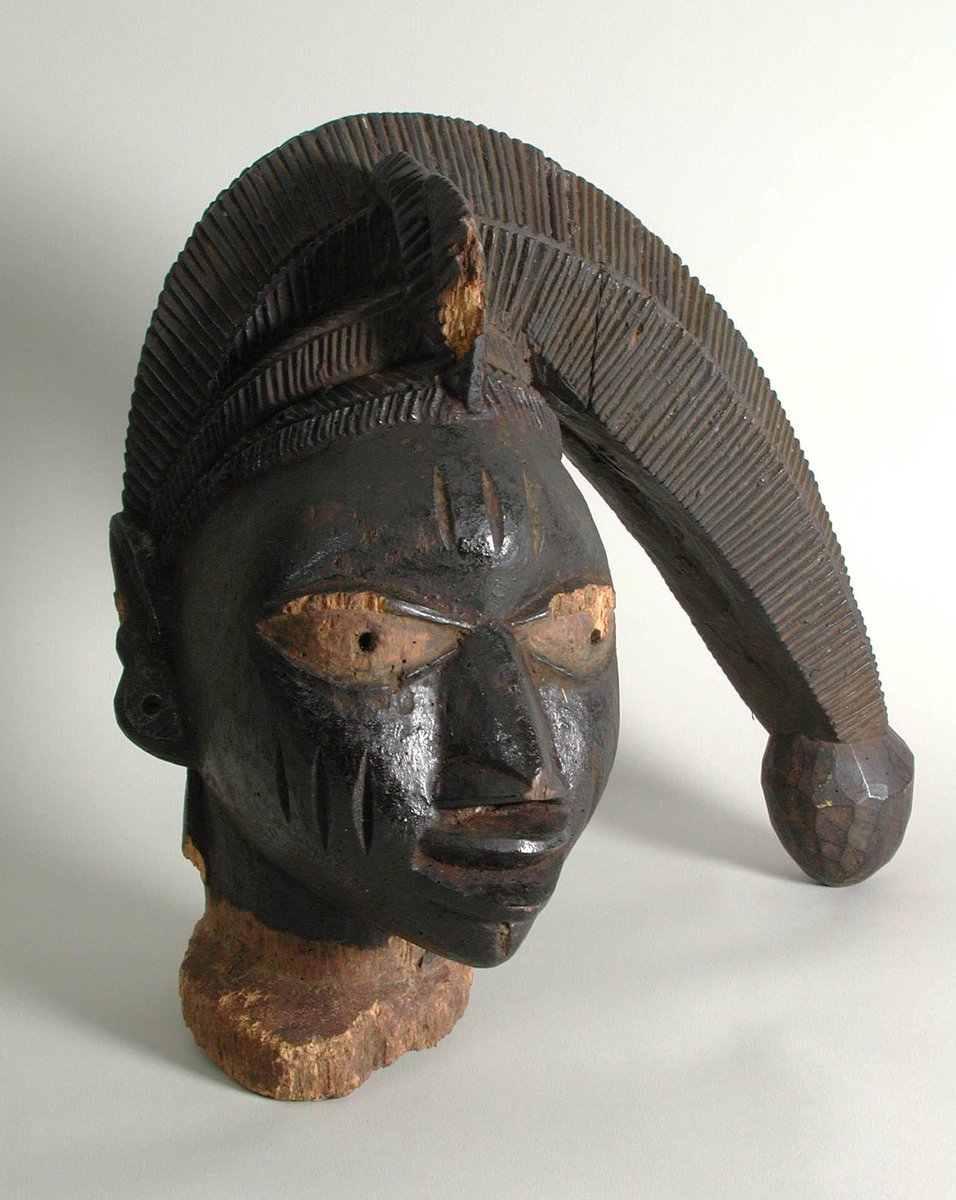Èṣù, also known as Ẹlẹgba or Ẹlẹgbara, is the youngest and the cleverest of the deities.
#Yoruba
Photo: Effigy of the god 'Eshu' collected at Abeokuta by William Russell Bascom 1943-1945


Keep Current with Yoruba History - by NNP
This Thread may be Removed Anytime!
Twitter may remove this content at anytime, convert it as a PDF, save and print for later use!

1) Follow Thread Reader App on Twitter so you can easily mention us!
2) Go to a Twitter thread (series of Tweets by the same owner) and mention us with a keyword "unroll"
@threadreaderapp unroll
You can practice here first or read more on our help page!